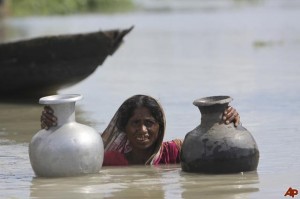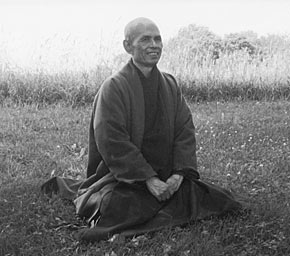When I think about what is likely to result from the global climate change talks taking place in Copenhagen this month, I feel nothing but despair. Why? Because whatever kind of deal is struck is highly unlikely to keep global warming below two degrees. The majority of people in rich countries simply don’t care enough about the issue to pressure their governments into extraordinary action. I believe one of the major reasons for this is the lack of empathy for those who will – or who currently – suffer from the impacts of climate change.

We should view the problem of tackling climate change not as an environmental issue, or one concerning technology or social justice or markets, but primarily as a problem of empathy. We must learn to see the individuals behind the newspaper headlines about global warming, and imagine ourselves into the uniqueness of their lives, developing an empathetic understanding of their most important experiences, beliefs, fears and hopes. Sound far-fetched, wishy-washy or a little too sandals-and-carrot-juice for your liking? Let me explain myself.
Continue reading

 In an exclusive interview for OUTROSPECTION, I speak to the renowned Dutch primatologist Frans de Waal about his new book,
In an exclusive interview for OUTROSPECTION, I speak to the renowned Dutch primatologist Frans de Waal about his new book,